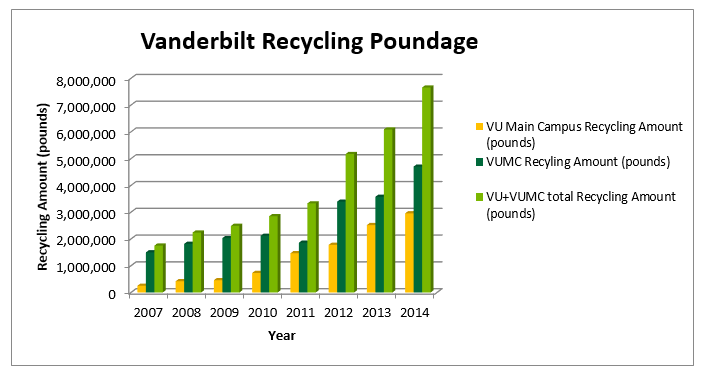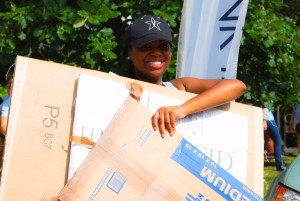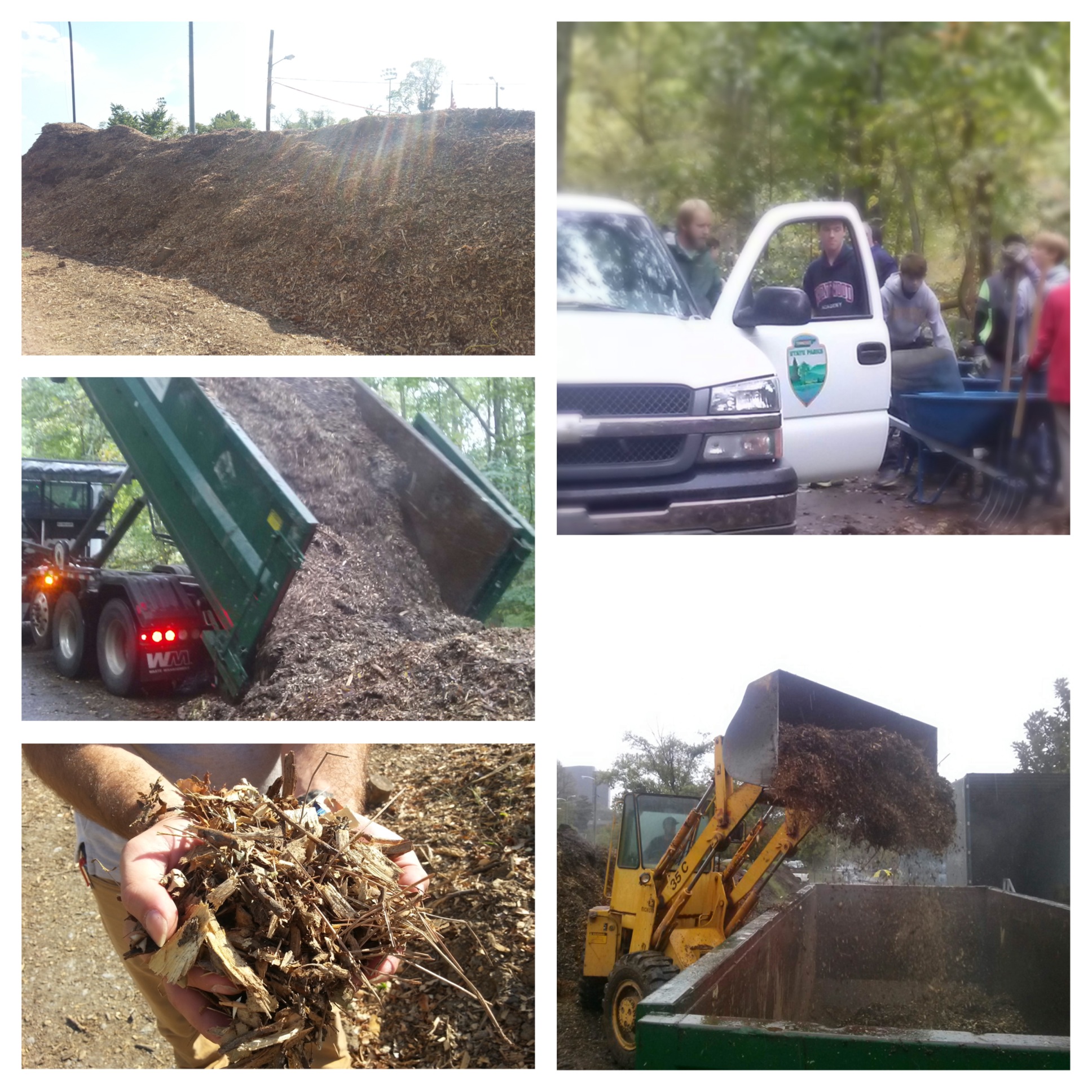Vanderbilt recycling up 430 percent since 2007
Read the MyVU story here.
 Vanderbilt has yet again increased the amount of materials it recycled last year! Recycling increased by 25% from 2013 to 2014, now totaling 7.4 million pounds of materials. That is the same weight as 10 fully loaded Boeing 747s! Since 2007, Vanderbilt has increased its recycling by over 430%.
Vanderbilt has yet again increased the amount of materials it recycled last year! Recycling increased by 25% from 2013 to 2014, now totaling 7.4 million pounds of materials. That is the same weight as 10 fully loaded Boeing 747s! Since 2007, Vanderbilt has increased its recycling by over 430%.
In 2014, Vanderbilt recycled enough cardboard, plastic, scrap metal, aluminum, glass, bulbs, electronics, and ink/toner cartridges to conserve the equivalent of the following natural resources:
- 62,000 mature trees saved;
- 13,000 cubic yards of landfill airspace, equal to the space inside 89 semi-trailers;
- 16 million kilowatt hours of electricity, which is enough electricity to power 1,300 homes for a year;
- 7,500 barrels of oil which is enough oil to produce 143,000 gallons of gasoline;
- 12,000 metric tons (MTCO2E) of greenhouse gas emissions; and
- 22 million gallons of water, which would fill 33 Olympic sized swimming pools.
 In addition to everyday recycling, Vanderbilt also hosts several special recycling events throughout the year. During move-in, special efforts are made to recycle cardboard and other packing materials that students bring to campus. 2015 proved to be another record year with 38.7 tons of cardboard recycled! This is a 4% increase over last year and a 476% increase since 2007! The more than 77,000 pounds collected this year average to more than 11 pounds for each of the undergraduate students at Vanderbilt.
In addition to everyday recycling, Vanderbilt also hosts several special recycling events throughout the year. During move-in, special efforts are made to recycle cardboard and other packing materials that students bring to campus. 2015 proved to be another record year with 38.7 tons of cardboard recycled! This is a 4% increase over last year and a 476% increase since 2007! The more than 77,000 pounds collected this year average to more than 11 pounds for each of the undergraduate students at Vanderbilt.
This collaborative effort of Cardboard Crew volunteers, Student Promoting Environmental Awareness and Responsibility (SPEAR), Plant Operations Grounds Department, and Sustainability and Environmental Management Office (SEMO) comes together each year to demonstrate a commitment to environmentally responsible practices and to help make Vanderbilt a more sustainable enterprise.
Vanderbilt made several other improvements that increased recycling on campus. These improvements include:
- Implemented campus recycling program in MRBIII and Learned Lab, increasing overall recycling container capacity in these buildings by nearly 300%.
- Expansion of glass recycling across campus, increasing the number of glass recycling locations to 9;
- Donation of 70,000 pounds, or 5 dump truck loads, of wood chips from downed tree limbs and debris on campus to Radnor Lake State Park for use on walking paths; and
- Production and reuse of 194,000 pounds of landscape waste compost on campus.


Leave a Response